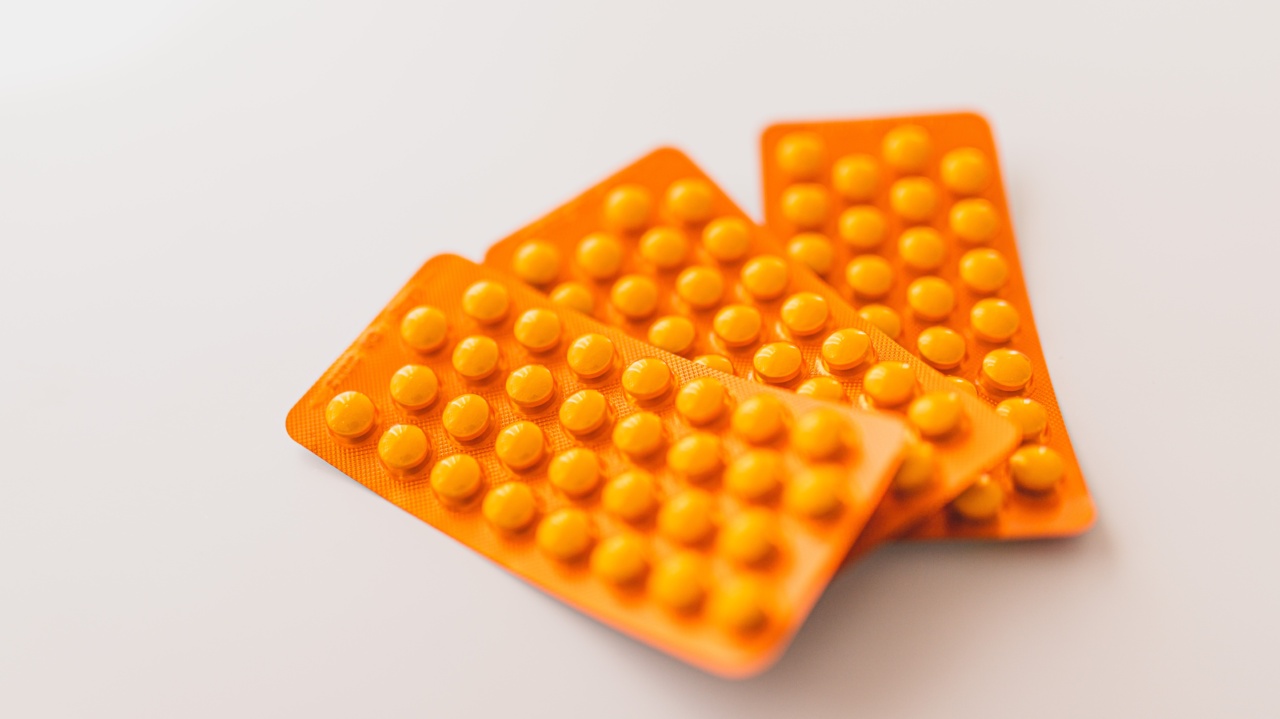Migraine headaches are a debilitating condition that affects millions of individuals worldwide. The intense pain, nausea, and sensitivity to light and sound can significantly hinder daily activities and quality of life.
If you suffer from migraines, finding fast-acting relief is crucial to alleviate the pain and resume your normal routine. In this article, we will explore some of the most effective fast-acting migraine medicines that provide immediate relief.
1. Triptans
Triptans are the most commonly prescribed class of medications for treating migraines. They work by narrowing blood vessels and reducing inflammation in the brain.
This helps to relieve pain and other migraine symptoms such as nausea and sensitivity to light and sound.
Triptans are available in various forms, including pills, injections, and nasal sprays. The choice of formulation depends on the severity of your migraine attack and personal preference.
Oral triptans tend to have a slower onset, typically taking approximately 30 minutes to start working. On the other hand, nasal sprays and injections provide faster relief, often beginning to work within 10-15 minutes.
2. Ergotamine Derivatives
Ergotamine derivatives are an older class of medications that have been used to treat migraines for many years. These drugs work by constricting blood vessels in the brain and inhibiting the release of pain-causing substances.
Ergotamine derivatives are available in oral and rectal forms. Oral tablets usually take around 30 minutes to start relieving migraine symptoms.
If you have difficulty keeping tablets down during a migraine attack, rectal suppositories can provide faster relief, typically within 15-30 minutes.
3. Non-Steroidal Anti-Inflammatory Drugs (NSAIDs)
NSAIDs, such as ibuprofen and naproxen sodium, are commonly used to relieve pain and reduce inflammation.
While they may not be specifically designed for migraines, these over-the-counter medications can provide effective relief for mild to moderate migraines.
NSAIDs are available in various forms, including tablets, capsules, and liquids. They usually take around 30 minutes to an hour to start working.
If taken as soon as the migraine symptoms begin, NSAIDs can be a convenient and accessible option for fast relief.
4. Anti-Nausea Medications
Migraines often come with intense nausea and vomiting, which further worsen the overall discomfort.
Anti-nausea medications, such as metoclopramide or prochlorperazine, can be used in combination with other migraine medications to provide relief from these associated symptoms.
These medications are available in tablet, injection, and suppository forms. While the onset time may vary, they generally start working within 30 minutes to an hour, effectively addressing both the migraine pain and nausea.
5. Combination Medications
Combination medications offer the convenience of multiple active ingredients in a single formulation. These usually include a combination of a pain reliever, such as acetaminophen or aspirin, along with a caffeine derivative.
The caffeine helps enhance the effect of the pain reliever and constricts blood vessels, providing faster migraine relief.
Combination medications are available over-the-counter and can be an effective option for those who prefer a single tablet rather than multiple medications.
The onset time varies depending on the formulation, but they generally start working within 30 minutes to an hour.
6. Anti-CGRP (Calcitonin Gene-Related Peptide) Monoclonal Antibodies
Anti-CGRP monoclonal antibodies (mAbs) are a newer class of medications used specifically for preventing migraines. However, some fast-acting formulations of these antibodies have been developed for the acute treatment of migraines.
These medications are administered as injections and work by blocking the activity of the CGRP, a protein involved in the transmission of pain signals.
The fast-acting formulations can provide relief within 1-2 hours, offering a promising option for individuals seeking immediate pain relief.
7. Lidocaine Nasal Spray
Lidocaine nasal spray is a local anesthetic that can provide quick relief from migraines. It works by numbing the nerves responsible for transmitting pain signals in the nose and brain.
To use lidocaine nasal spray, you simply insert the nozzle into your nostril and spray. The onset time is relatively fast, usually within 10-15 minutes.
However, this medication is not suitable for everyone and should be used under medical supervision due to potential side effects.
8. DHE (Dihydroergotamine) Nasal Spray
Dihydroergotamine nasal spray is another fast-acting option for relieving migraines. It has a similar mechanism of action to ergotamine derivatives and works by constricting blood vessels in the brain.
DHE nasal spray is administered by inserting the nozzle into each nostril and spraying. The onset time is relatively quick, usually within 15-30 minutes, making it a convenient and effective option for immediate pain relief.
9. Opioids
Opioid medications, such as codeine or hydrocodone, are occasionally prescribed for migraines that do not respond to other treatments.
However, due to the potential for dependence and abuse, opioids are generally reserved for severe migraines that do not improve with other medications.
While opioids can provide fast relief, they come with various side effects and should only be used under a doctor’s supervision. Additionally, they are not recommended for long-term use due to their potential for addiction.
10. Self-Care Techniques
Alongside medication, several self-care techniques can help provide immediate relief from migraines:.
– Rest in a quiet and dark room, minimizing stimuli that may exacerbate the migraine.
– Applying a cold or warm compress to the head or neck can help alleviate pain.
– Practicing relaxation techniques, such as deep breathing or meditation, can help reduce stress and tension.
– Massaging the scalp and temples can help relieve muscle tension and promote relaxation.
– Maintaining a regular sleep schedule and getting enough rest can help prevent migraines.
It is essential to remember that self-care techniques may not provide immediate relief for everyone and may work best when combined with medication.

























